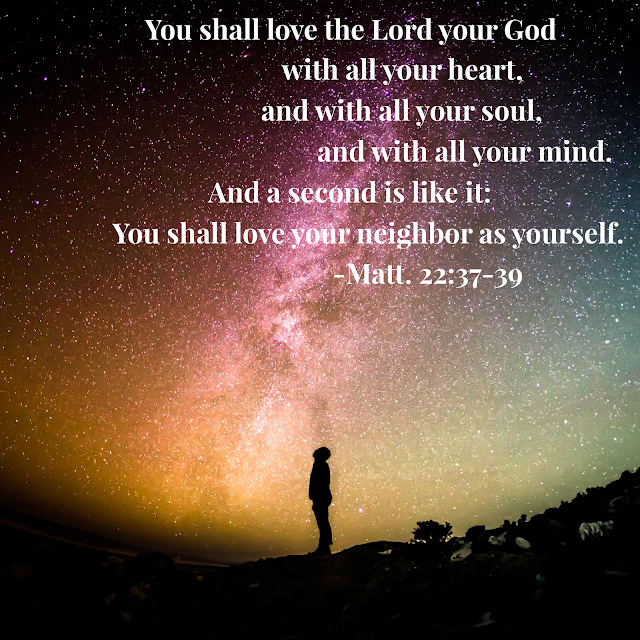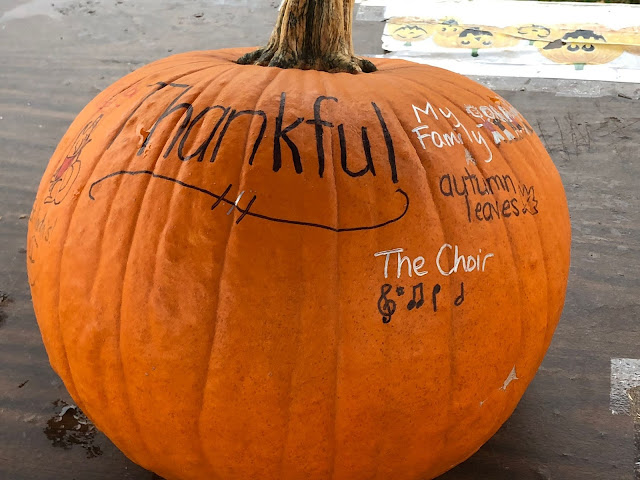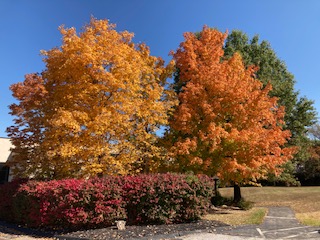rest your hand of blessing upon us today,
and lead us in the way of grace and hope.
Help us join in the wonder and awe
of the trill of the sparrow at dawn
as she sings her praises to You, O Creator.
Give us gentle hands, Lord Christ,
as we reach out to each other,
and tend to the delicate work
of reconciliation and healing.
Help us to leap free
from the gravity of resentment
and the weight of pride
to stand upright and joyful before You, O God.
Give us rest at day's end, O Spirit,
and guard us as we sleep,
that as we surface between dreams,
we sigh our thanks and dive deep again.
Gather into Your embrace
all your children, and bless them,
cradling those whose cares and hopes
we lay before You.
Amen.
and lead us in the way of grace and hope.
Help us join in the wonder and awe
of the trill of the sparrow at dawn
as she sings her praises to You, O Creator.
Give us gentle hands, Lord Christ,
as we reach out to each other,
and tend to the delicate work
of reconciliation and healing.
Help us to leap free
from the gravity of resentment
and the weight of pride
to stand upright and joyful before You, O God.
Give us rest at day's end, O Spirit,
and guard us as we sleep,
that as we surface between dreams,
we sigh our thanks and dive deep again.
Gather into Your embrace
all your children, and bless them,
cradling those whose cares and hopes
we lay before You.
Amen.

































